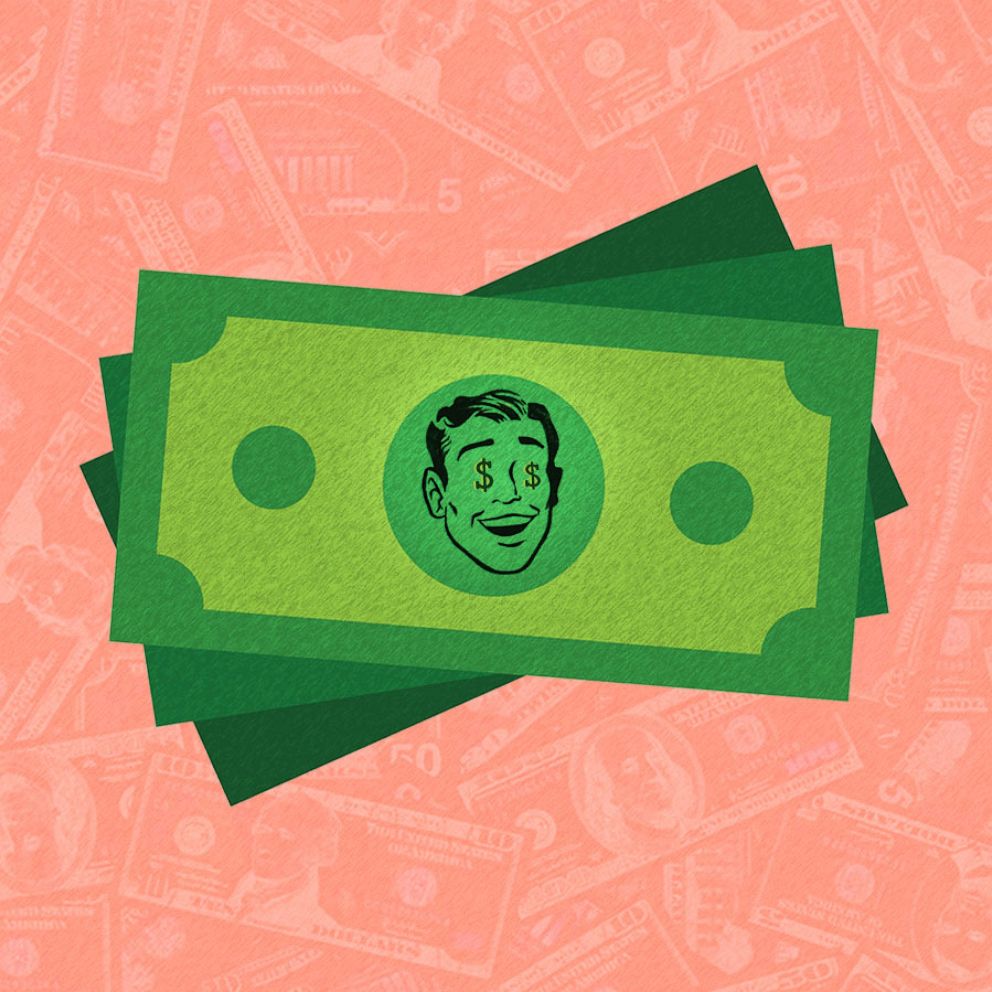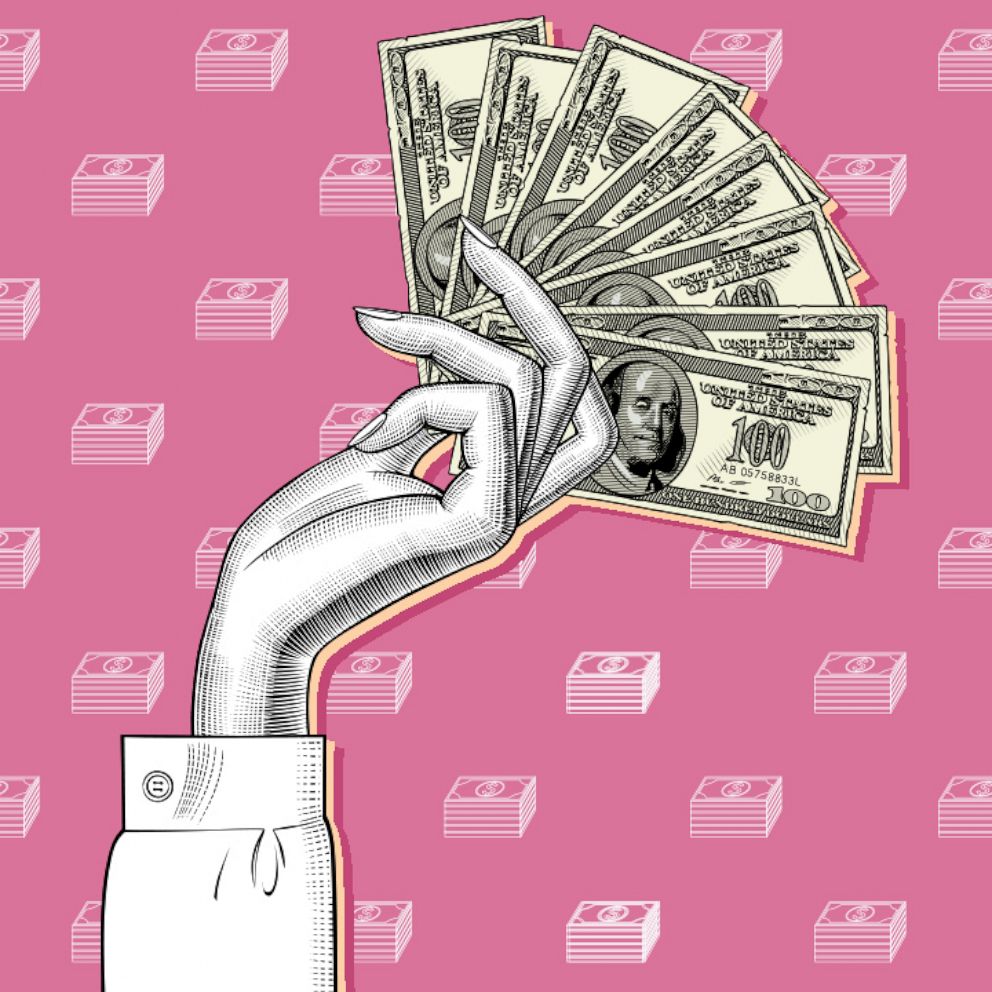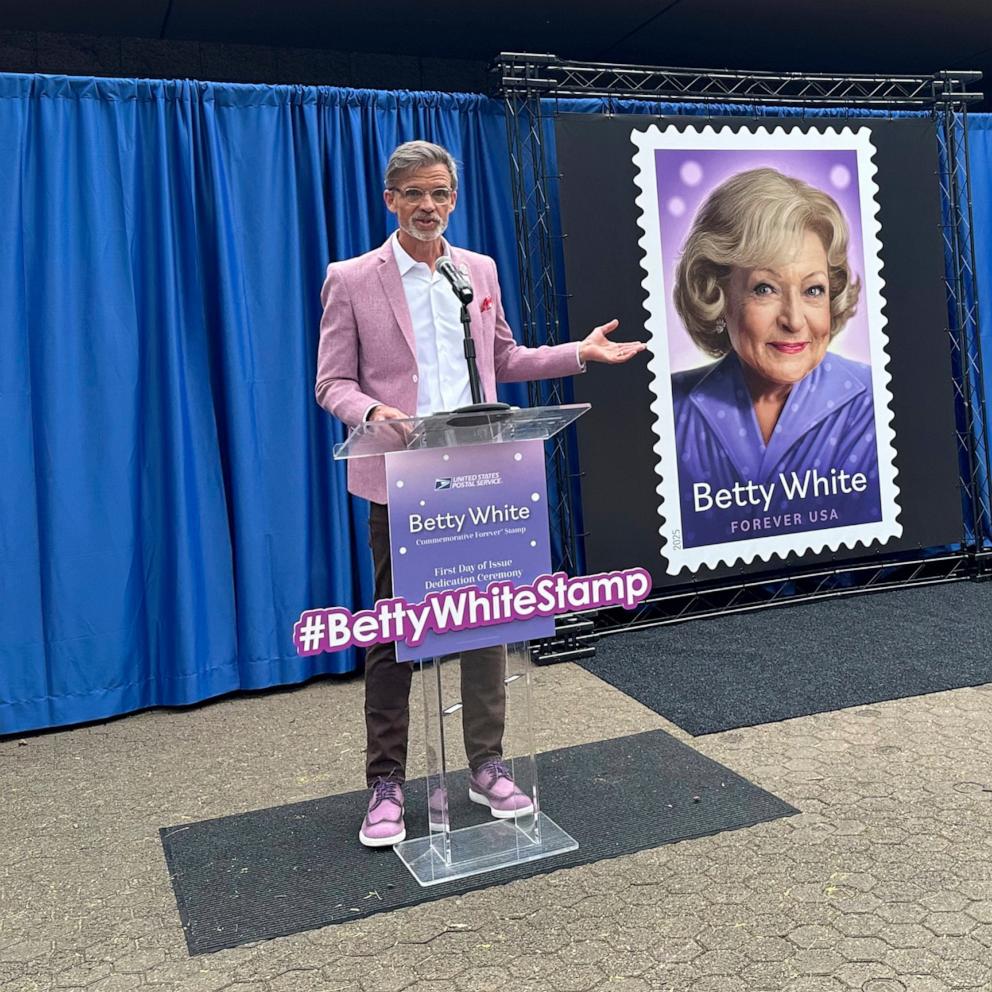Financial tips from the 'Marie Kondo of money'
Marie Kondo taught the world how to find joy in tidying up and now another guru from Japan is here to teach Americans how to find joy with one of the most stressful things in many of their lives: money.
Ken Honda is a bestselling author known as Japan's "zen millionaire." His approach to money is similar to what Kondo preaches about household items.
"Worrying about money and appreciating money, you cannot do it at the same time," Honda told "Good Morning America." "If you start appreciating money, you won’t be worrying about money."
Honda started his own company at age 21 and was so successful he was able to semi-retire just eight years later when his daughter was born. He attributes his success to his mentor, who taught him that happiness around money is the key to making more.
"Don’t let money make you miserable," he said. "Money can be your friend and help you do well in life. To do that, you have to transform your relationship with money."
Honda wrote his latest book, "Happy Money," for a U.S. audience in hopes of transforming Americans' relationship with money, particularly that they spend too much and then stress about it.
"I think the difference is Japanese people save too much and I think American people spend too much," he said. "It's the same as dieting where if you eat too much, you’ll become big and if you eat too little, you become thin."
"It’s a balance and everybody is different," Honda said.
The main thing to know about Honda's approach is that it focuses on showing gratitude for money.
For instance, if you are paying bills, instead of complaining or stressing about paying the electric bill, you appreciate that the money for the bill gives you light and air conditioning. Likewise when your paycheck is deposited into your bank account, you appreciate that money has come into your life.
Money appreciates if you appreciate it
"It doesn’t cost anything," he said of his approach. "Money appreciates if you appreciate it."
One key to showing gratitude for money is that it will also force you to pay attention to your bank account, but in a more positive way.
"You have to learn about money, otherwise money controls you," Honda explained. "For a lot of people money is a scary thing so if you want to change that, think, 'Money is my friend.'"
"And if you can go deeper, you can say, 'Money is love,'" he added.
Here are three more tips from Honda for finding joy with money.
1. Use the word 'arigato'
Arigato means "thank you" in Japanese.
Arigato in, arigato out.
Honda said his philosophy can be boiled down to this simple phrase, "Arigato in, arigato out."
That just means saying thank you to money when it comes in to your possession, and saying thank you to money when it goes out of your hands. It also means saying "arigato," or "thank you," to yourself too, according to Honda.
2. Know happy money vs. unhappy money
There are two different types of flows of money in people's lives, according to Honda: happy money and unhappy money. Honda compares them to energy flows.
"Happy money is the kind of money where a 10-year-old boy buys a flower for his mom on Mother’s Day, or you make a donation to a charity or you set aside money for your kids’ soccer lessons," Honda said. "When you receive it you know the love and friendship and care from money."
"Unhappy money is alimony you get from an unhappy divorce or money from the job you hate but you have to do it to make a living or money you don’t want to spend, like paying bills," he said.
The key to financial freedom is putting yourself in the happy money flow, according to Honda.
Changing the flow of money in your life goes again back to gratitude. When it comes to work, appreciating the work you do and the people you work with can increase your happy money flow, according to Honda. The same for spending money.
"If you find the perfect product or service ... and you feel excited and lucky to have found it, you are increasing your positive flow of Happy Money," Honda writes in his book. "Whenever you feel joy and excitement for a service or product and you show your appreciation, you are sending Happy Money out into the world."
3. Heal your emotions around money
Maybe you lost a lot of money, maybe your parents didn't have money or maybe you and a partner argued about money. Honda's approach is to let it go.
"Unless you heal the money wounds you cannot make peace with money," he said. "Forgive yourself for being so confused and so fearful about money and that starts the healing."
Honda's advice is to imagine the exact situations where money made you fearful, like sitting at the kitchen table as a kid while your parents fought about money.
"As an adult you may understand why your parents had fights or a divorce or struggled with money. You can feel that and if you feel that you can start forgiving," he said. "You can start understanding and relating to what is going on."
Honda also stresses the importance of forgiving yourself too.
"We all make stupid mistakes, including millionaires," he said. "A lot of millionaires have to lose all their money three times in order to make their first million."
"The key," Honda added, "is to appreciate your life and money."







